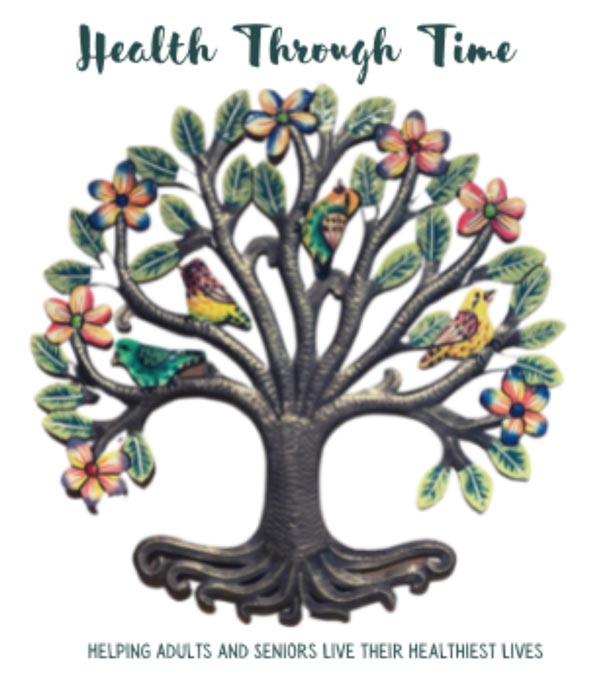
Practice Forgiveness; Improve Your Health
Posted by mjamieson on Mar 19, 2024 in Uncategorized | Comments Off on Practice Forgiveness; Improve Your HealthIf you think that practicing forgiveness is not that big a deal, think again. Some of the top healthcare organizations recommend practicing forgiveness; think Mayo Clinic and Johns Hopkins. Forgiveness is at the foundation of many religious beliefs. There is a good reason for this! Forgiveness helps you. When you forgive, you find peace. Forgiveness does not mean you have excused or condoned a transgression. You do not have to be religious to practice forgiveness.
Releasing anger and practicing forgiveness may be the best action you can take for improved health. Harboring anger and resentment impacts your health by elevating your blood pressure, and increasing your risk of heart disease. Individuals who hold onto deep anger for years are more likely to die from a cardiac event than those who practice forgiveness.
Anger inhibits the immune system, keeping you in a chronic fight or flight state. Your body is less able to fight viruses, bacterial infections, or heal from injury. In addition to a higher risk of heart disease, chronic anger also increases cholesterol, anxiety, depression, and your risk of developing diabetes. Those who hold onto anger and resentment for years are more likely to die from a heart attack. Holding on to grudges can increase chronic pain, contribute to elevated blood pressure, and ulcers.
Individuals that live for years in a state of anger are more likely to engage in self-destructive behaviors such as abusing alcohol, drugs, smoking, or food. Engaging in these self-destructive behaviors over the course of your lifetime may lead to cancer, liver disease, heart disease, and diabetes to name a few.
Fortunately forgiveness is possible to learn. Forgiveness increases self-esteem, and your overall mental, and physical health. The better news is that as we age the benefit of practicing forgiveness increases! But that said, practicing forgiveness is not always easy.
What Forgiveness is Not
Forgiveness is not just “letting go.” To forgive does not mean you excuse or forget the offending behavior. Practicing forgiveness does not necessarily mean you will experience reconciliation with the offending individual. Practicing forgiveness does not mean that justice will be done.
What Is Forgiveness?
Forgiveness is an active process. Actively forgiving releases anger, resentment, and hostility. You may even feel a new empathy or compassion for the individual that offended you. This does not mean excusing or forgetting the offending action that caused you hurt or anger. Forgiveness is a decision. Forgiveness is a decision that you make to allow yourself peace and relief from resentment that is hurting only you.
Holding onto hurts and resentment for years no matter how small or large the transgression negatively impacts your health. Forgiveness is possible and the scale of the transgression does not matter. Deeply held hurts, anger, grudges, and resentments may result from a hurtful word, an affair, or an egregious action such as the murder of a loved one.
Six Steps to Forgiveness
1. Recognize the value of practicing forgiveness. When you forgive deeply you receive the benefit of peace. Your body will respond with decreased risk of heart disease and increase your body’s ability to fight illness.
2. Spend time to uncover your feelings about the offense. How did the offending remark or action make you feel?
3. Practice empathy. Consider what may have caused the offender to act or speak in a way that hurt you. Had the situation been reversed how would you have felt or acted?
4. Make a decision to forgive and forgive deeply. Forgiving because you feel you “have to” is not as effective as forgiving because you choose to. You may have an opportunity to forgive the individual who offended you in person. If unable to talk with the person, journal or speak with a trusted individual about your feelings and your decision to forgive.
5. Release expectations. You may never receive an apology. You do not need to experience an apology to feel the peace that comes from your decision to forgive.
6. Forgive yourself. This is often the first step in forgiving others.
Practicing forgiveness is not always easy. You may need to try and try again. The benefit to your improved health is worth the effort! To quote the individual who inspired this blog “forgiving myself and others gave me improved clarity, focus, ambition and relief from emotional pain. It was like moving from darkness into light. I was rotting on the inside. I was sitting in darkness. When I was able to forgive it was like letting in the beautiful light and fresh air. It changes your heart.”
Sources
Johns Hopkins (2021) Forgiveness: your health depends on it. Retrieved from https://www.hopkinsmedicine.org/health/wellness-and-prevention/forgiveness-your-health-depends-on-it
Mayo Clinic Staff (2020) Forgiveness: Letting go of grudges and bitterness. Retrieved from https://www.mayoclinic.org/healthy-lifestyle/adult-health/in-depth/forgiveness/art-20047692
Messias, Erick, Saini, Anil, Sinato, Philip et al. (2009). Bearing grudges and physical health: relationship to smoking, cardiovascular health and ulcers. Retrieved from https://pubmed.ncbi.nlm.nih.gov/19387519/
Weir, Kristin (2017) Forgiveness can improve mental and physical health. Retrieved from https://www.apa.org/monitor/2017/01/ce-corner
